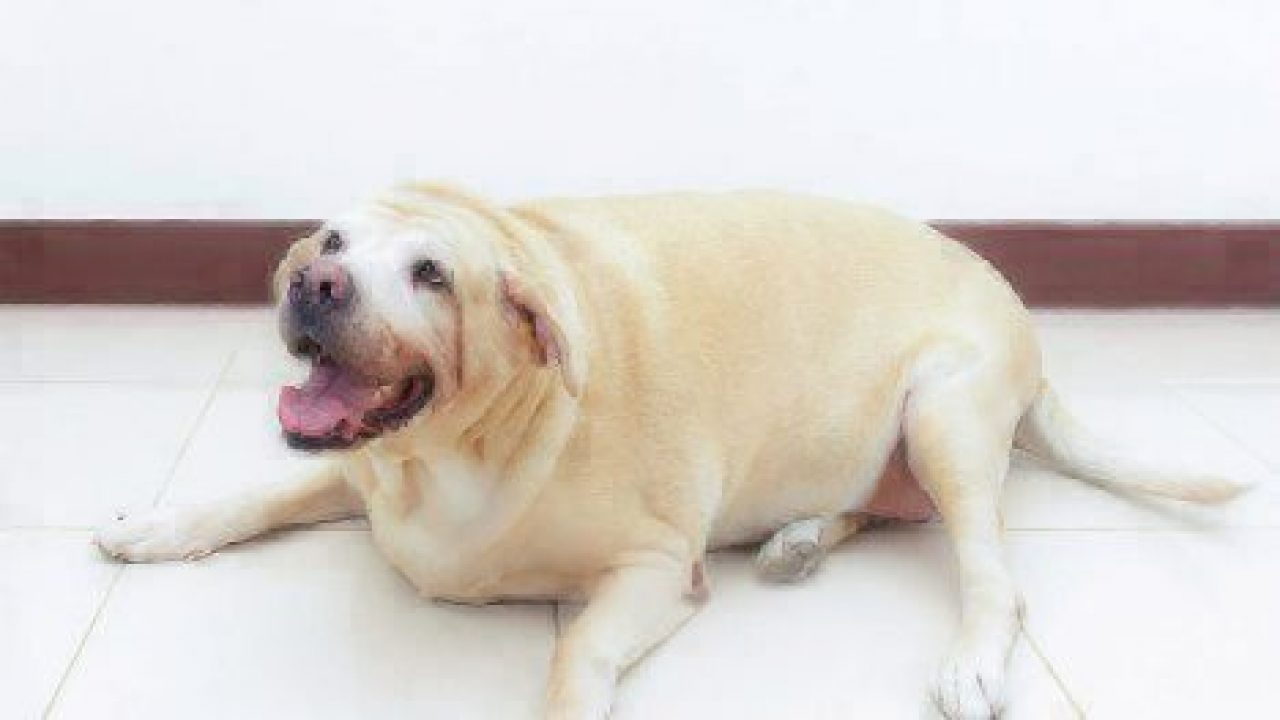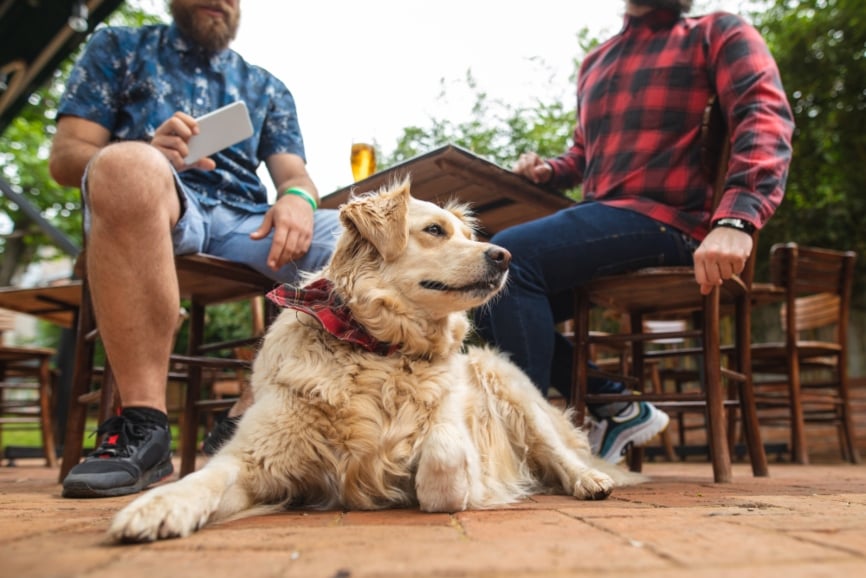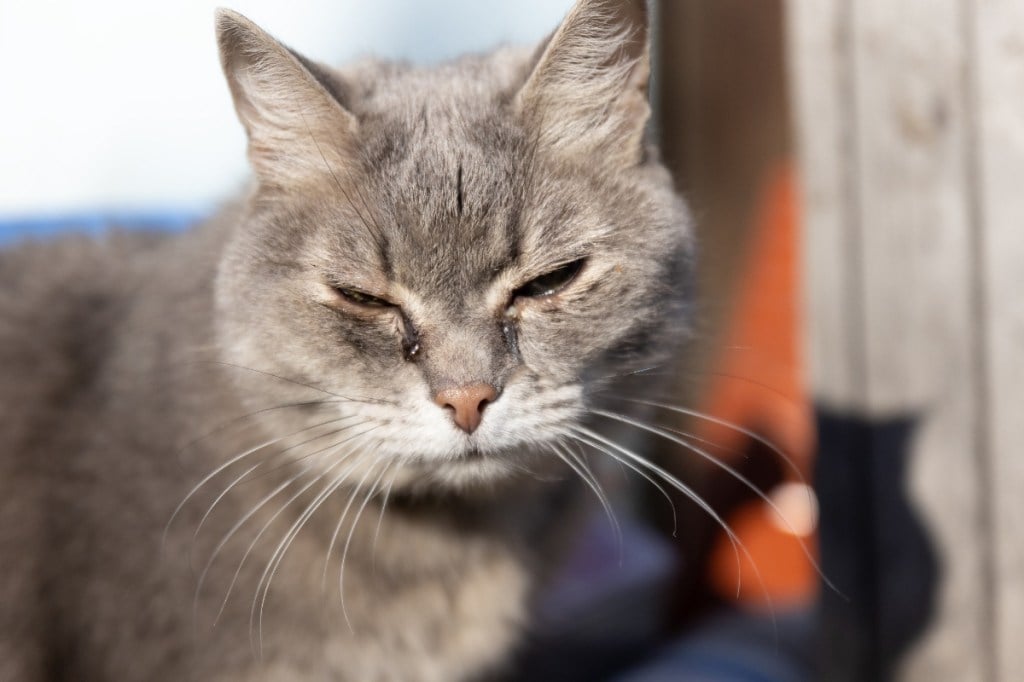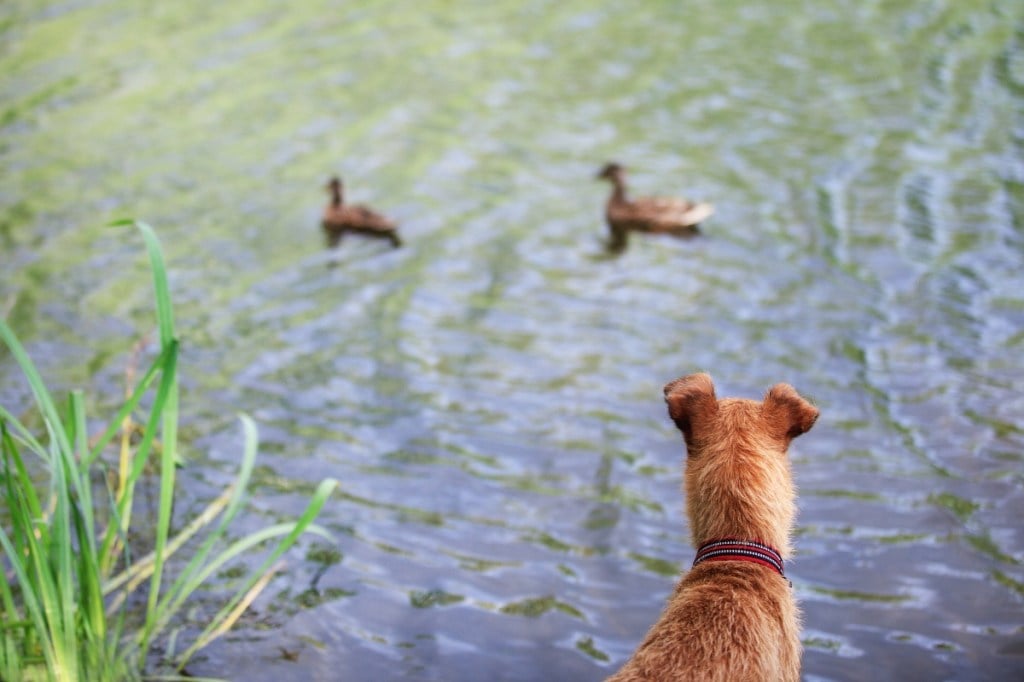Table of Contents
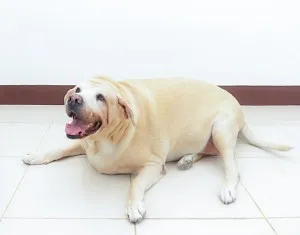 Obesity is a huge issue in the Western World—and not just for humans. Around 35% of dogs and cats in the US suffer from obesity. It is clear that pet obesity is much more complex than simply overeating or under-exercising. It is a real and physiological condition that takes hard work to overcome. It should be considered a clinical problem, and is best addressed in partnership with your veterinarian. Here’s why you should take this issue seriously.
Obesity is a huge issue in the Western World—and not just for humans. Around 35% of dogs and cats in the US suffer from obesity. It is clear that pet obesity is much more complex than simply overeating or under-exercising. It is a real and physiological condition that takes hard work to overcome. It should be considered a clinical problem, and is best addressed in partnership with your veterinarian. Here’s why you should take this issue seriously.
What’s Really Going On Beneath the Fluff
Although obesity impacts both dogs and cats, there are some differences between a fat cat and a chubby pup. For example, cats are much more likely than dogs to develop diabetes due to poor diet and obesity. Genetic predisposition is one of the leading causes of obesity in dogs. Selective breeding (as seen in pure dog breeds) increases the risk of altered hormone production, which can lead to weight gain.
Your pet can develop a variety of secondary conditions from carrying around all those extra pounds:
- Increased wear and tear on joints which can cause or worsen osteoarthritis.
- Fat deposits around the respiratory tract which can interfere with normal breathing patterns.
- Skin folds which can lead to dermatitis.
Fat impacts many joints and organs, but it also acts as an organ itself. Increased fat production is seen as an organ failure, which leads to an interconnected chain of disturbance to other organ systems and opens your pet up to additional disorders and diseases.
How to Slim Down
Each animal has different needs, so it is important to consult a veterinarian before embarking on a weight loss plan for your pet. But, there are a few things than can benefit just about any animal when trying to control or reduce their weight:
- Regular Weigh Ins. Even if your pet is healthy, it’s good to monitor their weight and make sure they’re staying on track.
- A Healthy Diet: A vet-prescribed diet is one of the best ways to control your pet’s weight while making sure they’re getting all the nutrients they need. These diets can either be prescribed for weight loss or as preventative measures to help with weight control. A veterinarian will be able to recommend the right one for your pet.
- Controlled Feeding: Feed your pets just two or three times per day as opposed to leaving a bowl of food out. Be sure to measure the right amount of food for each feeding.
- Exercise! Regular walks are much more beneficial than an open yard or weekend playtime at the dog park. For indoor playtime, use an interactive toy that your dog or cat can use to entertain themselves while you’re busy or away from home.
Keep Them Healthy and Happy
Make sure you pet stays healthy and lean, or get them back into tip top shape. Consult a veterinarian and come up with a plan to give your pet the healthy and happy life they deserve.
The content is not intended to be a substitute for professional veterinarian advice, diagnosis, or treatment. Always seek the advice of your veterinarian or other qualified health provider with any questions you may have regarding a medical diagnosis, condition, or treatment options.
Dr. Kait Link, DVM, is a veterinarian and co-founder of Treat, an innovative vet practice. Treat is reinventing pet care, offering instant access to affordable in-home veterinary care, training, and grooming. Book in under a minute or chat free anytime.
